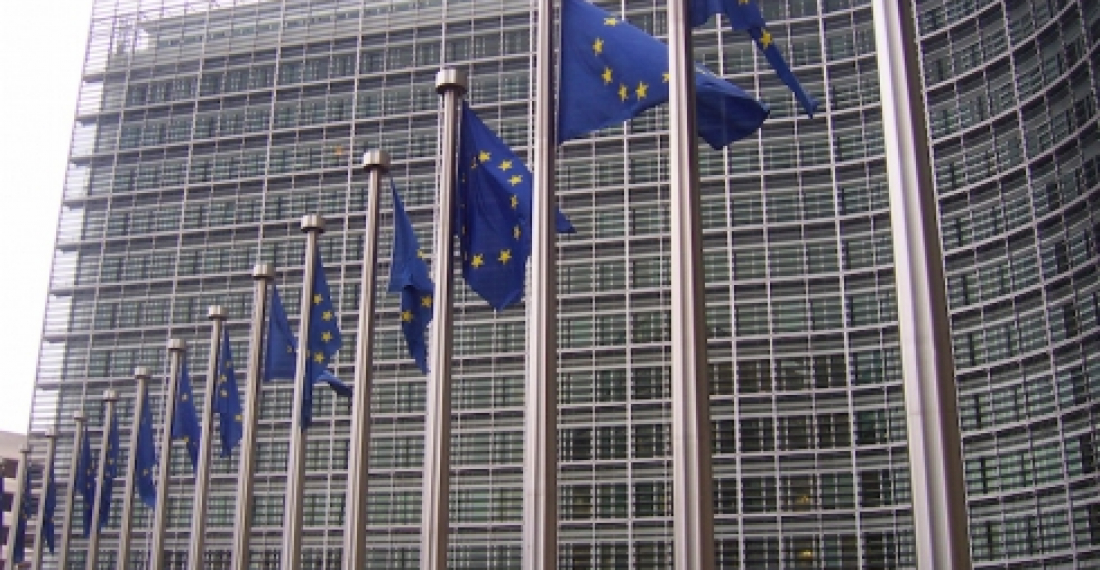The EU must become actively involved in trying to find a solution to the conflict in Nagorno-Karabakh, which flared up again on April 2, killing dozens, according to two policy experts.
Dennis Sammut, director of LINKS, and Amanda Paul, a senior policy analyst, outlined six concrete steps the EU can take, in a paper for the European Policy Centre in Brussels:
- The EU should demand to be formally represented within the wider Minsk Group, through the EU member state holding the rotating EU presidency
- The EU should consider the Karabakh conflict an essential part of the its political dialogue with Armenia and Azerbaijan, not bypassed to make things easier
- The EU should appoint military liaison officers in Baku and Yerevan
- The EU should engage with civil society through instruments such as the EPNK (The European Partnership for the Peaceful Settlement of the Conflict over Nagorno-Karabakh)
- The EU should ensure member state positions on Karabakh are better synchronised
- The EU should coordinate and consult with other regional stake holders, including Russia, Turkey and Iran
The full paper can be read here: http://www.epc.eu/pub_details.php?cat_id=4&pub_id=6447
PHOTO: the European Commission in Brussels






